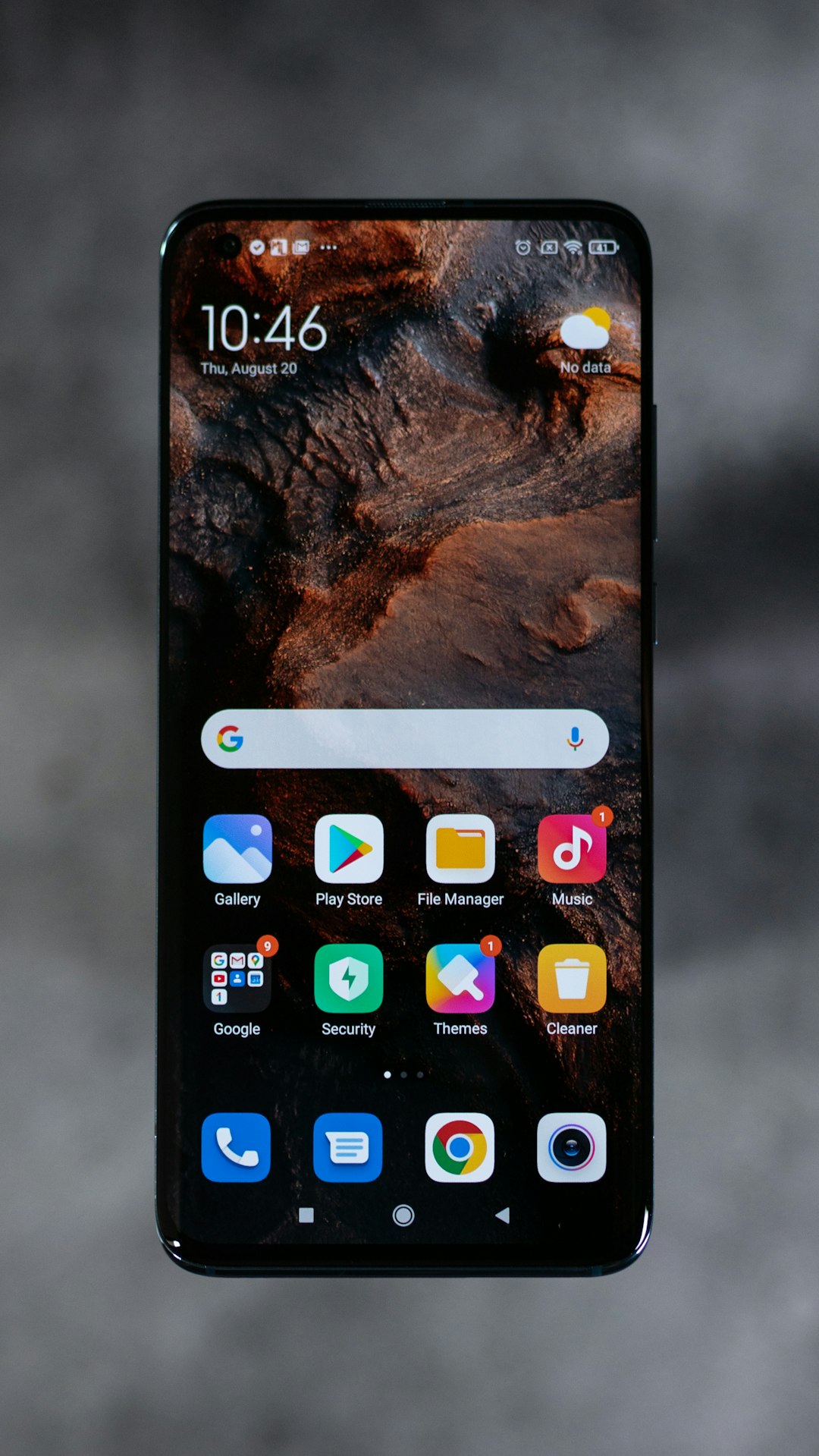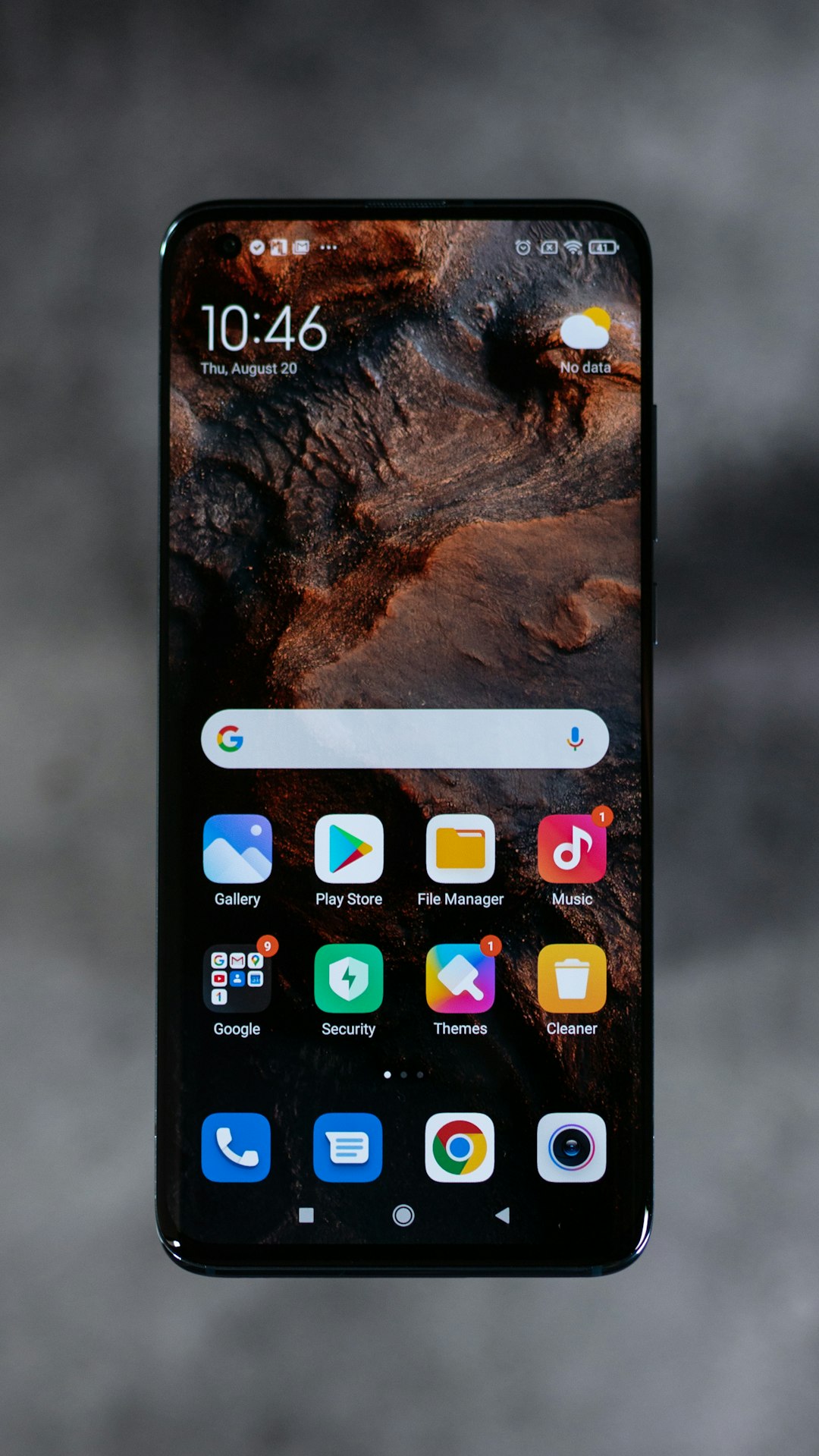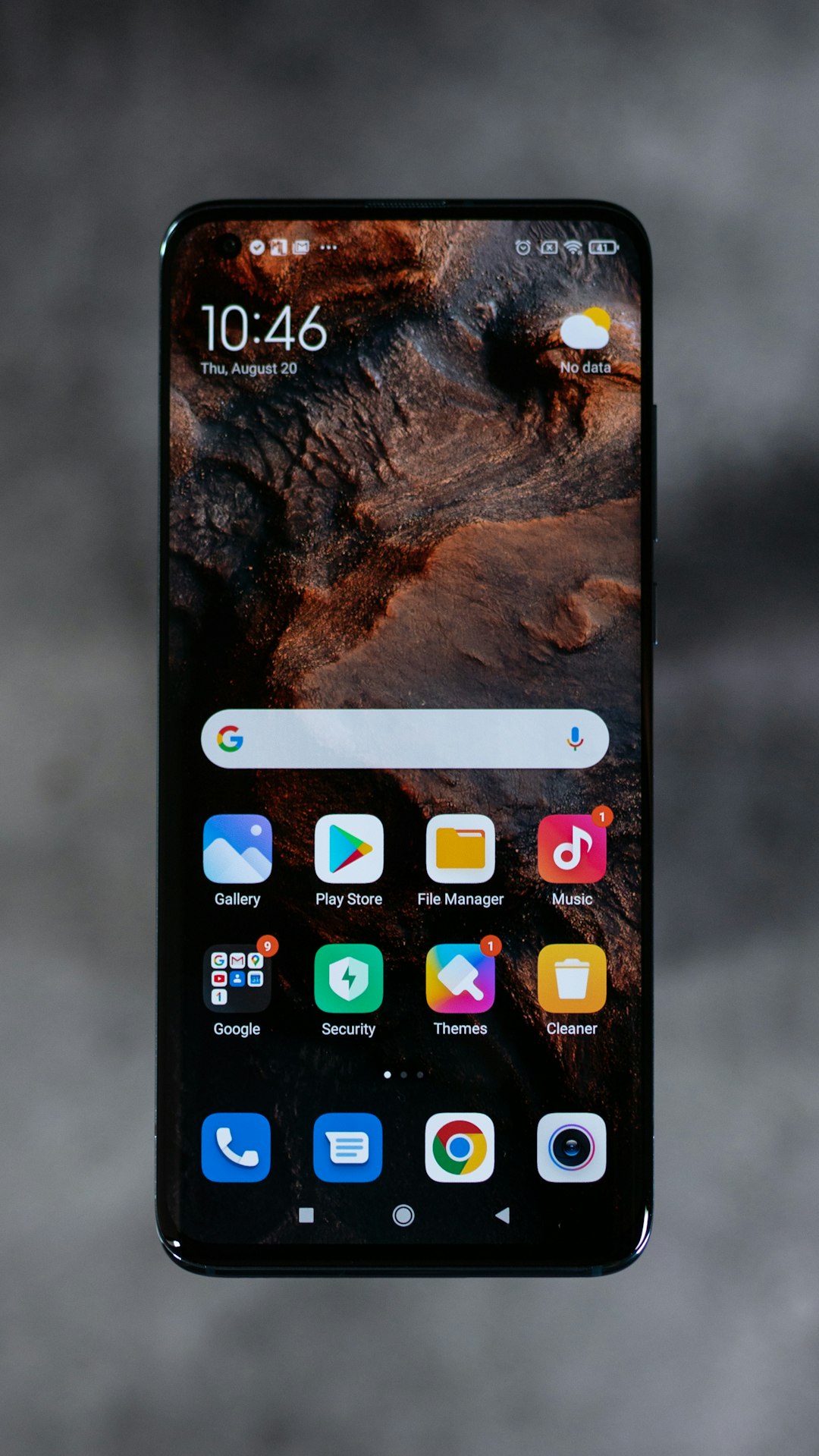Unwanted calls are a common problem in NYC, but residents have powerful protections under the Telephone Consumer Protection Act (TCPA). Consulting unwanted call attorneys specializing in NYC law is advised. These experts help enforce your rights, file complaints, and block calls, offering peace of mind. Tools like blocking apps and "Do Not Call" registries also aid in reduction. The Federal Trade Commission (FTC) and New York State Attorney General's office collaborate to protect consumers from telemarketing fraud. Facing persistent unwanted calls? Turn to unwanted call attorneys for legal guidance and a stop to harassing phone calls, asserting your right to privacy.
In today’s digital age, unwanted calls can be a persistent and invasive nuisance. New Yorkers have legal protections against telemarketers under state and federal laws. Understanding your rights and knowing how to navigate these regulations is crucial for maintaining privacy. This article guides you through the process of blocking and tracing callers, highlights the role of consumer protection agencies, and explores legal options with unwanted call attorneys in New York when necessary.
Understanding Unwanted Calls and Their Legal Implications in New York

Unwanted calls, often referred to as telemarketing or robocalls, are a common nuisance that many New Yorkers face daily. While some calls may be legitimate, others can be intrusive and even illegal. In New York, there are strict laws in place to protect residents from unwanted call attorneys and similar fraudulent activities. These laws aim to empower individuals to take control of their phone lines and prevent unsolicited communication.
Knowing your rights is the first step towards protecting your privacy. The Telephone Consumer Protection Act (TCPA) restricts the practices of telemarketers and provides consumers with tools to stop receiving these calls. If you’ve been experiencing a high volume of unwanted calls, it’s advisable to consult with unwanted call attorneys in New York who specialize in navigating these legal complexities. They can help you understand your rights, file complaints, and take necessary actions to block such calls effectively.
Assessing Your Legal Rights Against Telemarketers

In New York, consumers have certain legal rights when it comes to dealing with telemarketers and unwanted calls. The Telephone Consumer Protection Act (TCPA) provides stringent regulations for businesses engaged in telemarketing activities, including restrictions on automated calling systems and requirements for obtaining prior consent from recipients. If you’ve been subjected to persistent or harassing phone calls from telemarketers, understanding your rights is the first step towards taking action.
Unwanted call attorneys in New York can guide you through navigating these legal protections. They can help determine if a business has violated your rights by identifying patterns of unwanted calls, analyzing caller ID data, and presenting evidence of prior consent (or lack thereof). By consulting with an attorney specializing in this area, you can explore legal options to stop the influx of telemarketing calls and seek compensation for any associated distress or financial losses.
Techniques to Block and Trace Unwanted Callers

In the age of relentless digital connectivity, unwanted calls can be a persistent nuisance. New York residents have several tools at their disposal to combat this issue. One effective method is using blocking apps or features built into modern smartphones. These applications learn and adapt by identifying spam calls based on user reports, significantly reducing the volume of such calls over time. Additionally, many phone carriers offer call-blocking services as part of their plans.
For more robust protection, especially against persistent or aggressive callers, consulting with unwanted call attorneys New York can provide legal recourse and innovative solutions. They can guide individuals in registering with “Do Not Call” registries, implementing advanced blocking techniques, and even taking legal action to trace and penalize recurring offenders.
The Role of the FTC and NY State Attorney General in Consumer Protection

In the United States, consumer protection is a crucial aspect of ensuring fairness in business practices. The Federal Trade Commission (FTC) plays a significant role in this regard by enforcing federal laws that protect consumers from deceptive and unfair acts. One such area of focus is dealing with unwanted calls, also known as telemarketing fraud. The FTC has established guidelines and regulations to prevent businesses from making misleading or annoying phone calls to consumers without their consent.
Additionally, the New York State Attorney General’s office actively contributes to consumer protection, especially in cases involving unwanted call attorneys in New York. They investigate and take legal action against companies or individuals who violate consumer rights, including those who make aggressive or unauthorized telemarketing calls. By working together, these entities create a robust defense for consumers, empowering them to take action against intruders that invade their privacy with relentless unwanted calls.
Seeking Legal Action: Hiring Unwanted Call Attorneys in New York

If your privacy has been invaded by relentless unwanted calls, it’s time to consider legal action. In New York, there are strict laws in place to protect residents from nuisance calls, often associated with telemarketing or collection efforts. Hiring an unwanted call attorney in New York is a strategic step towards reclaiming your peace of mind and personal space. These legal professionals specialize in navigating the complexities of telephone consumer protection law (TCPA), ensuring that your rights are upheld.
By engaging an expert, you gain access to their knowledge and experience in handling such cases. They can guide you through the process of filing a complaint, negotiating with call centers or debt collectors, and even representing you in court if necessary. This proactive approach not only stops the unwanted calls but also sends a strong message that such intrusions will not be tolerated.






